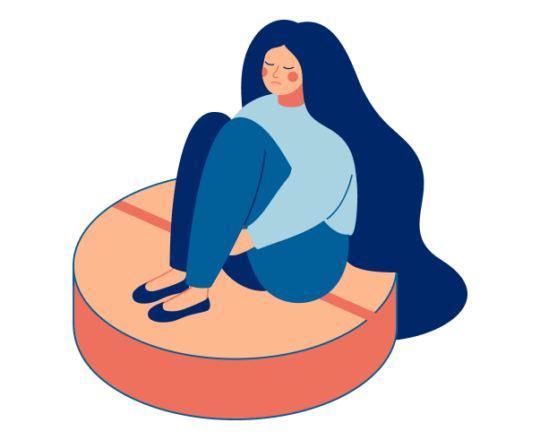Managing migraine
It often takes a combination of approaches to keep migraine well managed, including:
- Making lifestyle changes
- Identifying migraine triggers
- Using complementary or other types of non-medication therapies
- Migraine medication treatments
The options and treatments that best suit your migraine will depend on the type of symptoms you get, how severe they are and how often attacks occur.
Migraine diaries
If you’re looking to get your migraine attack under control, then it may be a good idea to create a migraine diary.
Keeping a migraine diary can help:
• Show any patterns to your migraine attacks
• Work out what may be triggering your migraine
• Track how well any relief measures, lifestyle changes or treatments are working
Recording the details of a migraine attack, such as when it started and finished, what you were doing when it started,
what symptoms you had and what provided relief, can be really helpful when it comes to understanding and managing
your migraine.
The diary can be as detailed as you like, and there are tracking Apps and printed versions available.

Lifestyle changes
When you have migraine, it’s common to be sensitive to changes going on inside your body, as well as outside in your social and work environments. Being mindful of these changes and making small adjustments can help reduce the frequency and even severity of your migraine attacks.
Common lifestyle changes that may help include:
- Taking regular exercise
- Keeping to a regular sleep pattern
- Staying hydrated
- Not skipping meals
- Keeping stress under control
- Identifying and avoiding any migraine triggers
Migraine medication treatment
There are lots of different non-medication options suggested to help migraine, ranging from taking supplements such as vitamins and minerals, to behavioural treatments relaxation therapies and acupuncture, to name but a few.
Not everyone will benefit from these treatments, but the good news is that there are other over the counter treatments available.
change or new ones appear.

